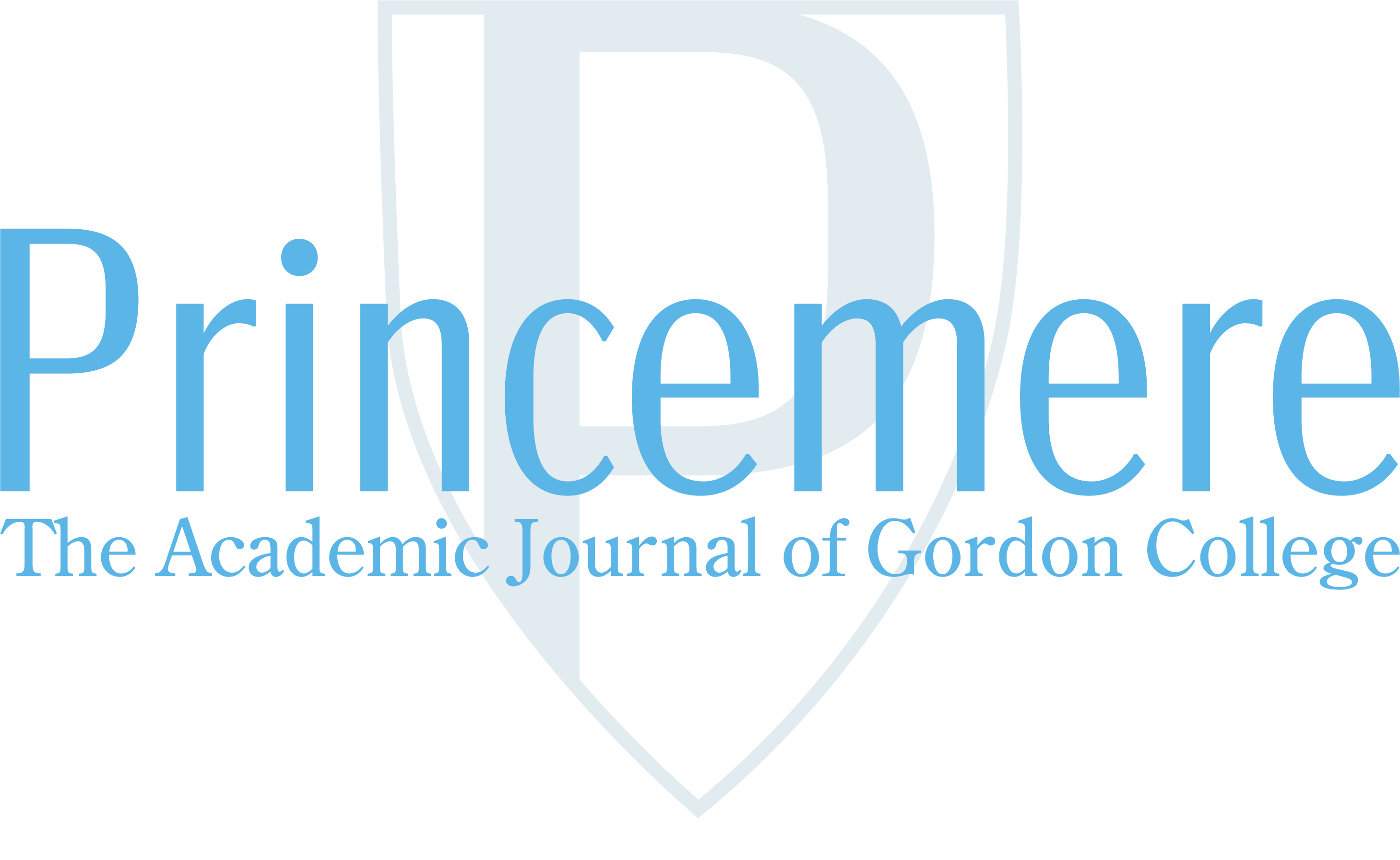A student stares at their computer screen, looking at the document, looking at the wall in front of them, doing anything to avoid looking at the blinking cursor upon their open Word document. The cursor—it taunts them, reminds them that they have ten more pages to write before the upcoming deadline. But the student has absolutely nothing, and no plans for the thousands of words yet to be written, that cease to be written. The laptop is eventually turned off, the assignment left unfinished, unstarted.
What is Writer’s Block?
If the scenario above sounds familiar, you may have experienced writer’s block before.
Nelson defines writer’s block as “the temporary chronic inability to put words on paper” (1). Writers who suffer from a block find themselves struggling to actually write. This frustrating sensation experienced by writers slows the writing process. Writer’s block is also not an issue of mental capacity. According to Flaherty, “… all blocked writers share two traits: they do not write despite being intellectually capable of doing so, and they suffer because they are not writing” (80). Feeling unable to write can elicit suffering, especially when a person is capable of writing. The suffering is due to the inability to communicate (Flaherty 84). Flaherty writes, “Defining block as writing (much less) than the writer wants to has the result that there can be writers with normal productivity who have an agonizing sensation of block because they are not as productive as they want to be” (82). This feeling of unproductivity and lack of accomplishment is a tiring one for any writer. As Flaherty points out, even writers working on their writing projects may feel blocked.
Writer’s block causes writers great distress. According to Ann Lamott, “There are few experiences as depressing as that anxious barren state known as writer’s block, where you sit staring at your blank page like a cadaver, feeling your mind congeal, feeling your talent run down your leg into your sock” (176). Writer’s block is an unpleasurable experience for all writers. For student writers, deadlines and grades increase the despair described by Lamott. A struggling student writer may feel overwhelmed with getting started. The fact that papers are graded in the college setting adds to the pressure and stress students may feel when writing. Writer’s block is the sensation of being unable to write that causes motivated student writers and professional writers alike to feel discouraged and frustrated with their writing prospects. Writer’s block has various causes, but there are also solutions that writers can learn about in hopes of overcoming their battle with it.
Causes of Block
Perfectionism as a Cause
Perfectionism and self-criticism can cause block (Flaherty 82). According to Ann Lamott, “Perfectionism is the voice of the oppressor, the enemy of the people. It will keep you cramped and insane your whole life, and it is the main obstacle between you and a… first draft” (28). Lamott points out the fact that perfectionism prevents people from writing first drafts. This is true for student writing. Student writers who suffer from perfectionism may spend too much time on one assignment when they have other things due. Writer’s block due to perfectionism can cause student writers to obsess over writing and stress themselves out. According to Keyes, “[William] Faulkner had the courage to accept that flawed work (flawed to him, anyway) was better than none at all. So do the best writers in general. They must. No book on paper can ever match the one in one’s head” (Keyes 28). This reality can be hard for writers to internalize. Even perfectionist writers must know that there is no such thing as a piece of writing being perfect. Writers with high standards may put too much pressure on themselves and face block.
Other Causes
In addition to perfectionism, there are various other causes of writer’s block. Flaherty writes that “There is also the strangled feeling of inarticulateness, of ideas coming faster than words, of not being able to express what is inside. And there may also be the dull gnawing feeling of empty, of having no ideas to express” (82). Writer’s block is a different experience for every writer, but is frustrating nonetheless. An overwhelming surplus of ideas may result in the writer being unable to focus on one idea or topic. If a student is passionate and excited to write about a certain topic, for example, they may not be able to get all their ideas out properly. On the other hand, a lack of ideas may cause the writer to feel discouraged by writing. For example, a student writer who does not understand their writing prompt or the reading material may not have any strong writing ideas.
Student writers may also have specific reasons for struggling with block. Flaherty claims, “Students who seem blocked often turn out instead to have a secret dislike of their subject- or their teacher, or their parents.” (Flaherty 82). If a student is not excited about their writing topic, this can result in a block. A student forced to write a ten-page paper about a book they did not enjoy, for example, may develop a block. In fact, Flaherty says that 10 percent of students in college struggle with writer’s block (79). This is not a surprise, considering the workload students undertake and the number of papers due each semester.
Solutions to Block
Avoiding Perfectionism
Perfectionist writers may feel overwhelmed and burdened by the drive to be perfect, so there are techniques to help them overcome this. A writer who tries decreasing their perfectionism or “to silence his or her inner critics” may take steps to alleviate their writer’s block (Flaherty 94). Perfectionism prevents writers from expressing themselves properly, so Lamott suggests writing letters at times when the writer feels “really stuck and filled with despair and self-loathing and boredom” (172). According to Lamott, “The letter’s informality might just free you from the tyranny of perfectionism” (172). The letter form allows writers to think about their subject in new ways. Letters are personal and let writers express themselves differently than a more formal essay might, which may allow them to feel inspired enough to write. Letter-writing may allow perfectionist writers to ease back and write in a freer manner. Letters are not the only way to decrease perfectionist tendencies. According to Flaherty, “Self-help techniques for quieting the perfectionist’s inner critics include brainstorming, nurturing self-esteem, and visualization” (95). Brainstorming helps writers think of potential ideas, so writers who think that their ideas are insufficient are may benefit from this exercise. Writing something out in different ways, or putting various ideas out there, could also help the writer choose a topic. Writers who work to nurture their self-esteem may take some of the pressure off of themselves.
Increasing Productivity
Figuring out what makes individual writers most productive is an important part of combatting writer’s block. Forming routines may help with this. “To keep writing an in tegral part of ‘regular’ life, as opposed to a blocked and unsatisfactory holiday activity, is absolutely vital” (Nelson 21). Writers who keep up the practice of writing will have an easier time with it than those who do not write for a while. As students continue to write throughout the semester, they may find that the task becomes less arduous. “Approach writing in a relaxed and spontaneous manner, and your desire will not desert you” (Nelson 26). If a person does not want to write, it may be difficult for them to get anything done. By approaching writing when they are ready to write, people may enjoy the task more than if it is over-thought and dreaded. Students may have times when they know they are most productive. Figuring this out is part of being a student and may especially benefit students who struggle with writing.
Writers may even have a preferred writing time, environment, or utensil. According to Flaherty, “Occasionally, what may seem like writer’s block is merely a matter of writing at the wrong time of day” (128). Students who write while feeling motivated and productive will have an easier time with writing than students who write while feeling exhausted. Students who save writing for the end of the night, for example, may not have much energy to put into writing or thinking. According to Smith, “All writers have idiosyncracies [sic]. Some write best in the morning, some in the evening; some with pen or pencil, some with typewriter or tape recorder; some only in silence, others only in company; some systematically, others irregularly” (31). Every writer makes choices about when they write, what they write with, and who they write with. These choices make a difference to writers, and the key is figuring out what works. Students make choices like these with all assignments, including writing projects. If trying to type out a paper does not work, the student could try writing the draft on paper. If the student feels lonely and confined by trying to write in their dorm room, they could try going to the library. The choices writers make contribute to their productivity.
The writing process looks different to all writers, and discovering helpful techniques or tools may increase productivity.
Writers can also try different pre-writing techniques to prevent block. For example, Conrad Aiken wrote early drafts on cheap paper, as he believed it appeared less “responsible” (Keyes 157). Michael Crichton even wrote on different colors of paper when he faced block (Keyes 158). These ideas can be easily implemented by student writers in their own efforts to avoid block. According to Goldberg, “You can make up all kinds of friendly tricks. Just don’t get caught in the endless cycle of guilt, avoidance, and pressure” (25). Feeling guilty or pressured for not writing may contribute to block. It is unhealthy for writers to feel pressured for not writing enough or well enough. “Friendly tricks” may help the writer to approach the paper in a less-overwhelming manner. Least Heat Moon told a group of aspiring writers, “‘Anything you can do to trick yourself out of panicking, do it”’ (qtd. In Keyes 152). Most student writers understand the panic of writing for an upcoming deadline, and being unable to meet the guidelines expected of them. Techniques such as brainstorming or making rough outlines may also inspire writers to get working on a paper.
Freewriting
Freewriting is another solution to writer’s block. Keyes suggests to “Forget form, structure, grammar, spelling, outlining, and even writing well. Just write… Free writing can loosen the hand, tickle the muse, and soothe writing nerves. By writing freely, you’re essentially saying, I’ll ignore my anxiety about getting it right and write anyway, on a provisional basis” (155). Freewriting is a way for writers to put their perfectionism aside and write uninterrupted. Writers who focus on features such as spelling, grammar, wording and structure cannot write with ease. Keyes’ idea that freewriting “soothes writing nerves” points to the fact that freewriting may allow writers to be relieved of any writing anxiety they may have.
Editing also takes away from a writer’s creativity. According to Elbow, “The habit of compulsive, premature editing doesn’t just make writing hard. It also makes writing dead. Your voice is damped out by all the interruptions, changes, and hesitations between the consciousness and the page.” Editing throughout the writing process takes the writer’s focus off the flow of their words and voice. The piece of writing may be choppy and take a while to write if the writer continuously stops to change sentences as they are written. Practicing freewriting often also helps writers to make their writing better. “The most effective way I know to improve your writing is to do freewriting exercises regularly. At least three times a week” (Elbow). Elbow recommends writing for ten minutes without stopping or going back to change anything.
People who write in this manner allow themselves to practice their writing. The short time span allotted to freewriting takes the pressure off of perfectionism.
Writing for a certain amount of time every day also gets people into the habit of writing.
Other Solutions to Block—Getting Inspired
Seeking out inspiration from unusual places can also help blocked writers. Keyes writes, “T. S. Eliot battled writer’s block by writing poems in French … John Cheever took regular breaks to swim, ice-skate, or roam the aisles of discount stores in search of inspiration” (158). Blocked writers may need breaks from their writing. Even going out and looking at new surroundings may give writers new ideas. Putting too much emphasis on writing puts pressure on the writer.
Goldberg emphasizes the idea of keeping a list of potential topics. She says to “Add to the list anytime you think of something. Then when you sit down to write, you can just grab a topic from that list and begin” (Goldberg 19). This idea reduces the terror of facing a blank page. Having a pre-brainstormed topics list prevents the writer from feeling overwhelmed by a lack of ideas. Turning to the idea list may lead to even more ideas. According to Keyes, “Some writers…find that jotting down random ideas, observations, and snatches of conversation provides invaluable grist for their writing mill” (163). In a creative writing context, recording ideas is a tool writers can use for inspiration. When a writer thinks of an interesting topic or idea, they can simply add it to their list. This simple tool may help writers in the long-run.
Don’t Let Yourself Get Overwhelmed. Be Kind!
In writing, even small steps forward count. Writers should be kind to themselves instead of feeling upset over a lack of progress. According to Nelson, “The bravest act a writer can perform is to take that tiny step forward, put down the wretched little word that pricks the balloon of inflated fantasies with its very mundanity, and then put down another word directly after it. This act marks the decision to be a writer” (11). Even starting out small, and writing words that may seem insignificant, is important. People are called writers because they write, no matter how little they get written down at a time. Writers should not feel discouraged by the quantity of their writing. Goldberg suggests, “Let go of everything when you write, and try at a simple beginning with simple words to express what you have inside. It won’t begin smoothly. Allow yourself to be awkward” (36). This idea of writing in a simple manner and allowing for awkwardness takes the pressure off of the writer. Students who feel overwhelmed by the numerous essays they may have due at one time can forget that writing does not have to be anxiety-inducing or monumental. It can start out with simplicity.
Writers can also encourage themselves by having a positive attitude toward writing. Ann Lamott writes, “Say to yourself in the kindest possible way, Look, honey, all we’re going to do for now is to write a description of the river at sunrise… We are going to take this bird by bird. But we are going to finish this one short assignment” (20). Lamott’s advice of taking a piece of writing “bird by bird,” or one step at a time, is important for all student writers to be mindful of. Finishing assignments one at a time puts a student’s focus on one item, instead of five or ten. Thinking about everything due in a week of school can be overwhelming. Students should be kind to themselves about their writing.
Take-Away:
Student writers who struggle with writer’s block should know that there is still hope for them. Writers of all levels and strengths may face writer’s block from time to time. In approaching the battle against writer’s block, students should be careful of being perfectionistic about their work, and should not put too much pressure on themselves for their writing. Blocked writers should also figure out what methods work best for them. This may include going out to seek inspiration, brainstorming, and freewriting. Student writers should be open-minded as they approach their writing, to avoid feeling overwhelmed or pressured. Everyone has different comfort levels with writing, but at the end of the day, the blank page is, well, just a blank page. And eventually, with hard work, it shall fill with words.

Rebecca Mear
Rebecca is a senior at Gordon this year and is majoring in English with a minor in French. She is interested in both academic and creative genres of writing and works as a Writing Tutor in Gordon’s Writing Center. She’s currently working as a remote intern at Hendrickson Publishing Group in Peabody as well. Her favorite genres of writing are creative nonfiction and poetry, and she enjoys working on her writing in her free time. She also enjoys taking walks, baking, and reading. She has stories published in the Vox Populi and the Sigma Tau Delta Rectangle.

